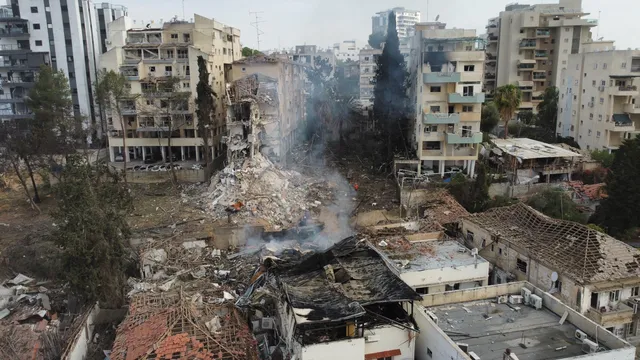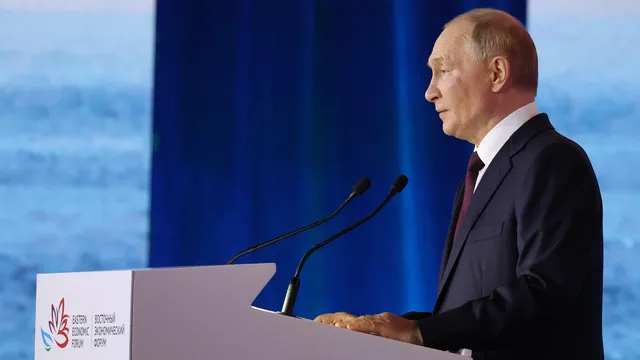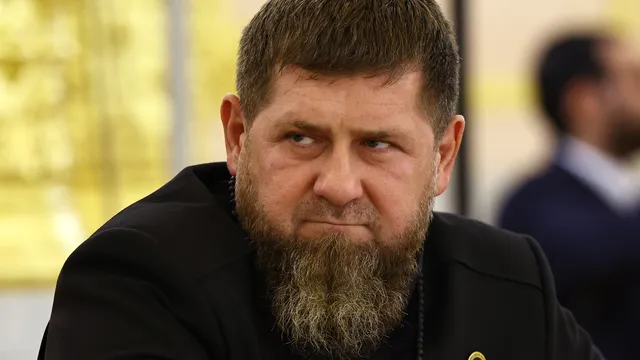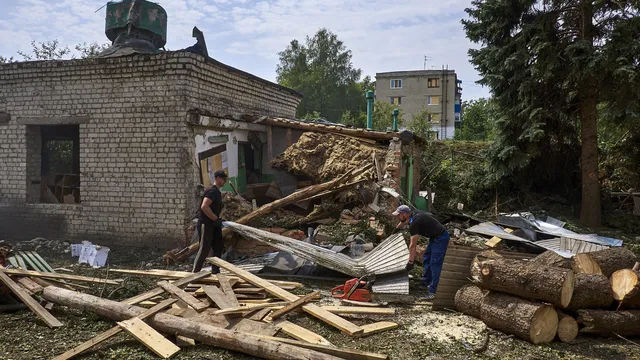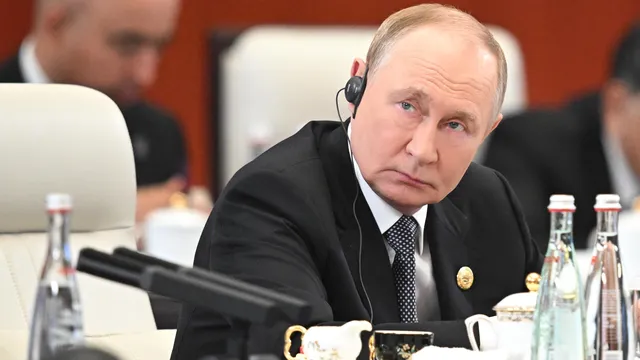Israel and Iran exchanged fire for the third consecutive day. The growing number of casualties and expanding targets mark a sharp escalation in the conflict between the long-standing adversaries.
Overnight, Iranian strikes killed at least 10 people in Israel, bringing the death toll in both countries since June 13, when Israel launched a massive wave of attacks on Iranian nuclear and military facilities, triggering retaliatory strikes.
The exchange of strikes is the first time the sworn enemies have exchanged fire with such intensity. This is raising fears of a prolonged conflict that could engulf the Middle East, even as international leaders call for de-escalation, AFP reported.
Here are the latest developments:
- Deadly Iranian strikes
Iran launched deadly missile strikes on Israel overnight. According to Israeli emergency services, at least 10 people, including children, were killed and about 200 were wounded.
This morning, air raid sirens and explosions were heard in Jerusalem and Tel Aviv, and the Israeli army reported that millions of Israelis were “running to shelters at the sound of sirens” in dozens of cities and towns across the country.
The first wave of Israeli strikes on Iran killed 78 people and wounded 320, according to Iran's ambassador to the UN, but Iranian authorities have not provided updated figures on casualties since this morning.
Iran also struck targets used by Israeli military aircraft for refueling, the Revolutionary Guards said.
Israel said it intercepted seven drones fired at its territory while trying to prevent attacks and carried out further strikes on Iran.
Iran-backed Yemeni Houthi rebels said they fired several missiles at Israel.
- Israel expands its targets
After striking Iranian military and nuclear facilities, including killing senior military officials and scientists, Israel expanded its targets to include air defense and oil infrastructure.
Israeli strikes hit two oil depots in Tehran, the Iranian oil ministry announced. Journalists reported seeing a fire at oil depots in Shahran, northwest of the Iranian capital.
On June 14, the Israeli army said it had attacked dozens of missile sites in Iran after announcing that it had struck air defense sites in the Tehran area.
The Iranian news agency Tasnim reported that an Israeli strike had also hit the headquarters of the Ministry of Defense in Tehran, damaging one of its buildings.
- Nuclear diplomacy at risk
Iranian Foreign Minister Abbas Araghchi said that Israel had “crossed a new red line” by striking Iran's nuclear facilities after Tehran committed on June 14 to limit its cooperation with the UN nuclear agency, criticizing it for its silence on the Israeli strikes.
"It is quite clear that the Israeli regime does not want any agreement on the nuclear issue. It does not want negotiations and is not seeking diplomacy,“ Araghchi told foreign diplomats. He added that the attack on June 13 was ”an attempt to undermine diplomacy and derail negotiations."
The fiercest exchange of fire to date between the two sworn enemies came in the midst of negotiations between Tehran and Washington to reach an agreement on Iran's nuclear program.
Before the Israeli strikes, the two sides had planned to hold a sixth round of talks in Oman today.
Iranian President Masoud Pezeshkian said Tehran would not participate in nuclear talks with the US while Israel continued its attacks on the Islamic republic.
Western governments have repeatedly accused Iran of seeking to acquire nuclear weapons, which it denies.
- International concern
Other countries have called for restraint and warned of a larger conflict.
US President Donald Trump said he and Russian President Vladimir Putin agreed in a phone call on June 14 that the conflict between Iran and Israel “must end.”
But this morning, the US president warned Iran that it would feel the “full force” of the US military if it attacked the US. Trump reiterated that Washington had “nothing to do” with the Israeli strikes on Tehran's nuclear and intelligence facilities.
Iraq, a close ally of Tehran but also a strategic partner of Iran's main enemy, the US, appealed to the Iranian and American governments in an attempt to prevent its involvement in an escalation of the conflict in the region. | BGNES

 Breaking news
Breaking news
 Europe
Europe
 Bulgaria
Bulgaria
